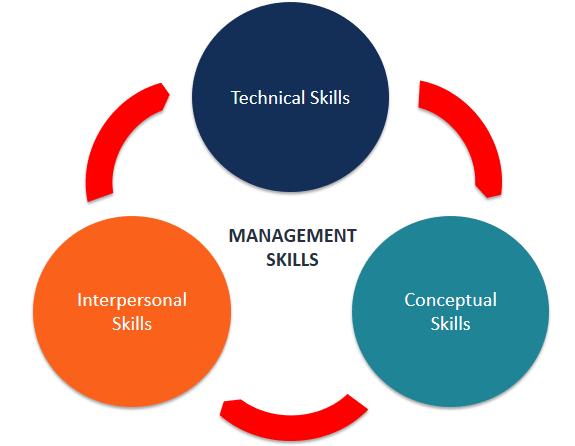
ROLE OF MANAGER:
“A manager is not a person who can do the work better than his team, he is a person who can get his team to do the work better than he can”. A good manager can truly define the success of his employees and the company as a whole.
ROLE AND RESPONSIBILITIES OF PROFESSIONAL MANAGERS:
A professional manager’s primary job is to direct employees and co-ordinate various activities of the firm. For this he needs exceptional communication, technical, conceptual and human skill. The tasks a manager performs using these skills are:
- Envisioning goals: The first and most important task of any manager is providing a direction to the organisation. This entails mapping out their visions and missions. This is one task the manager must not delegate, but perform himself.
- Managing growth: one of the main roles of the manager is to manage the growth and ensure the survival of the firm. There are both internal and external factors that are a threat to this growth and survival of the firm. Internal factors (such as choosing the right technology, hiring the correct people etc.) and external factors (such as govt. policy, economic conditions etc.) pose a concern, the manager must deal with.
- Improving and maintaining efficiency: the manager has many roles and responsibilities regarding the efficiency of the firm. Firstly, he must ensure that the firm is efficient i.e., resources are not being wasted and then this efficiency has to be effectively maintained.
- Innovation: A manager must find new and creative solutions to the problems faced by the firm. It not only means having new ideas but also cultivating and implementing them. This is one of the on-going jobs of a professional manager.
- Looking out for the competition: A manager has to plan and prepare for the competition in the market. He must never be caught unaware and must be prepared for new and increasing competition.
- Leadership: a manager must be a good leader. He should be able to inspire and motivate people to work towards the goals of the organisation.
- Change management: the managers have to be the agent of change. It is his roles and duties to ensure the process of change is smooth and uneventful for the company.
- Choosing correct information technology: it is a challenge for the managers to use the best and most suitable technology for the organisation. So, this entails choosing the correct software, communication and the network system etc.
